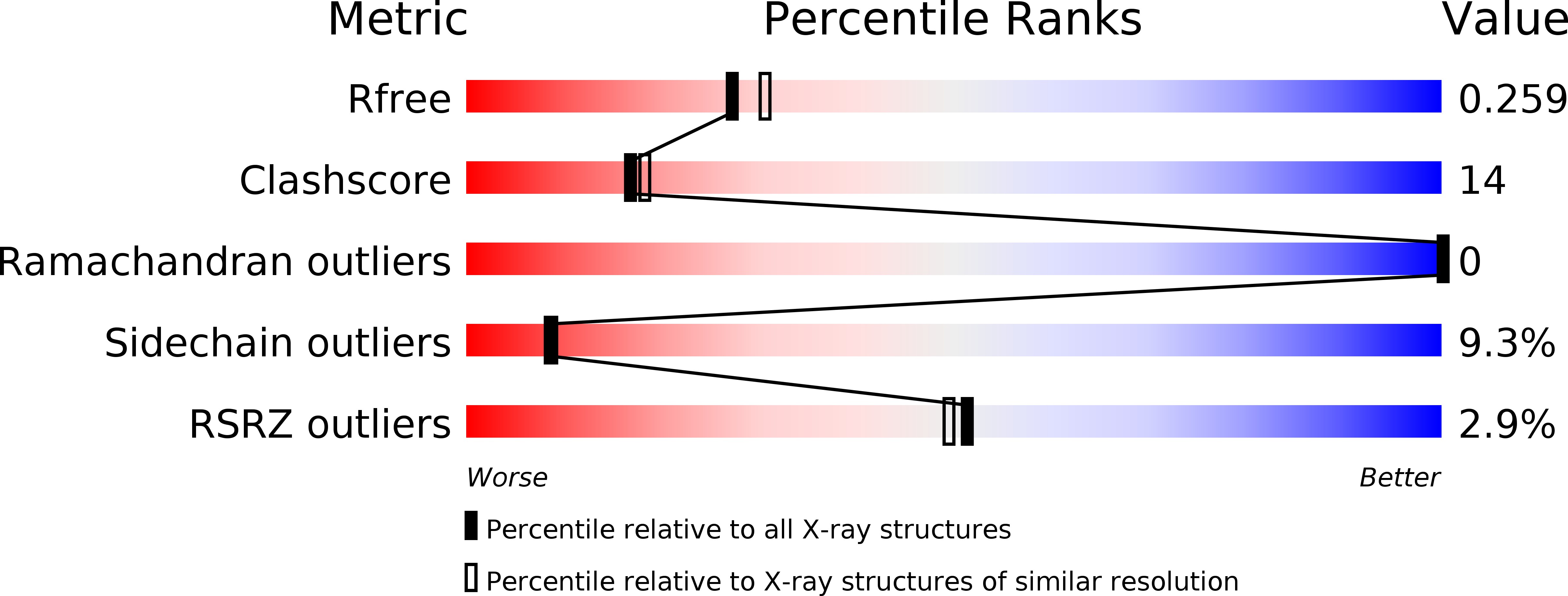
Deposition Date
2004-06-14
Release Date
2005-01-14
Last Version Date
2024-05-08
Entry Detail
PDB ID:
1W0X
Keywords:
Title:
Crystal structure of human CDK2 in complex with the inhibitor olomoucine.
Biological Source:
Source Organism(s):
HOMO SAPIENS (Taxon ID: 9606)
Expression System(s):
Method Details:
Experimental Method:
Resolution:
2.20 Å
R-Value Free:
0.27
R-Value Work:
0.19
R-Value Observed:
0.19
Space Group:
P 21 21 21


